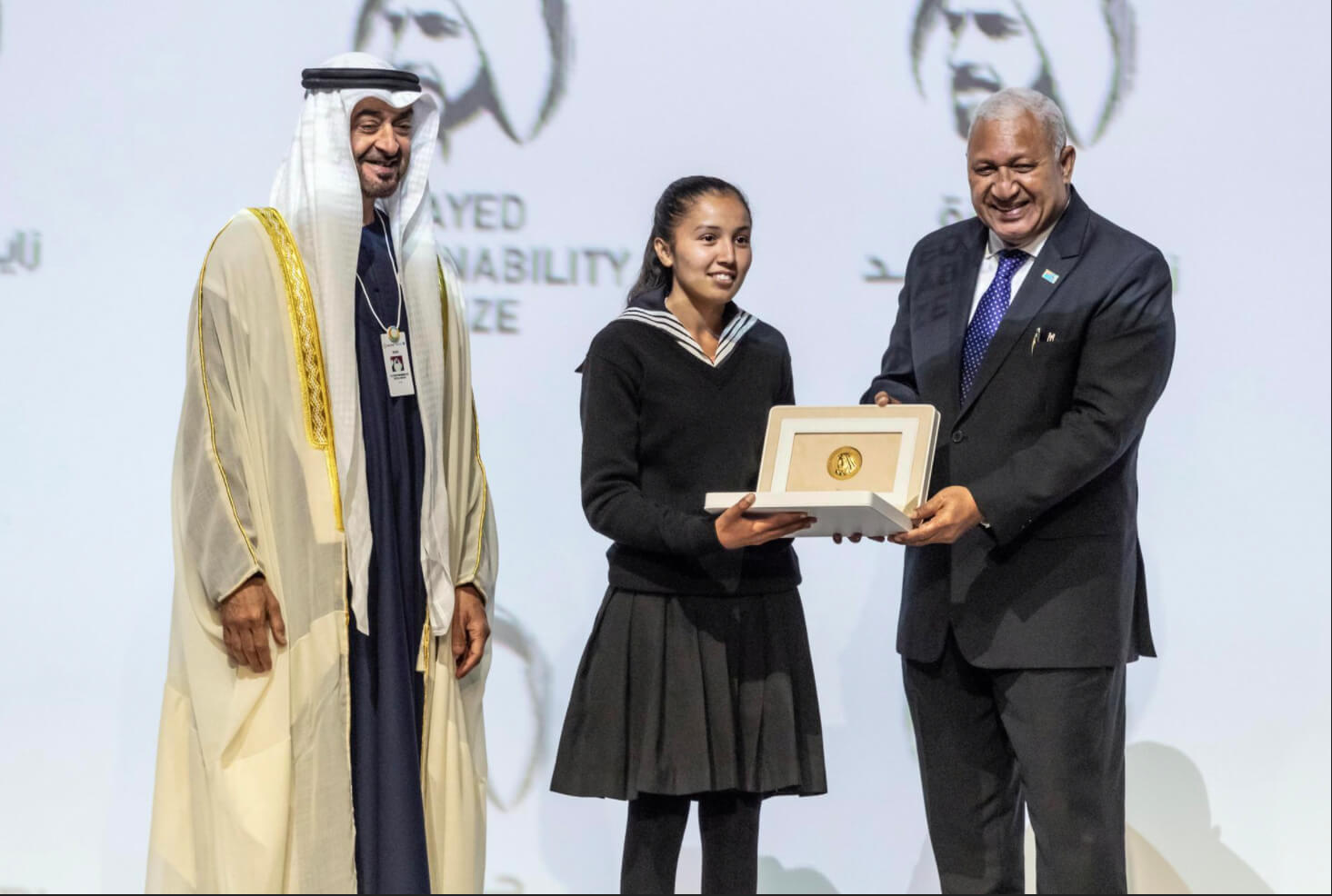Giving back to Nepal what Nepal gave to them

Schoolmates who studied at Budanilkantha boarding school in Kathmandu went on for higher studies abroad, some to MIT and Harvard, others to New York University, and another to an Indian college.
They kept in touch, and often talked about what they could do to give back to Nepal. They decided that since it was the opportunity they got from scholarships at a top quality education in a premier government-run school, they would help set up a chain of similar schools that would inspire youngsters.
The first Bloom Nepal School was set up in Kathmandu with 17 students, but the earthquake struck and brought down its building, killing a security guard. It had to be restarted from scratch, and the school rose from the rubble to establish two campuses in Kathmandu and Itahari that today have 600 students, and aspires to be the largest network of schools in Nepal.

“People in the rural areas of Nepal are as capable as everyone else even if they are poor, they just need the opportunity to get a quality education like I did,” says Ram Rijal who graduated in 2012 from MIT, taught mathematics in his school in Kathmandu, and is now working on a PhD. “We want this school to provide a similar opportunity to other underprivileged Nepali children.”
Indeed, what the former schoolmates have started is a project that will try to upscale the Budanilkantha model into a network of affordable schools providing world class education to Nepalis would never be able to afford it, so that they can go to the best universities in the world and ultimately return to Nepal like its founders did.
https://www.youtube.com/watch?v=F3zxuaIjTq0Bloom School’s first new facility is located in Lubhu, has grades 1-10 with 30 students in each class. Some one-third of the students are on scholarship paid for by sponsors and the school’s own budget. The plan is to have a Bloom residential school in each of the seven provinces, so that students can rotate between the schools every semester, seeing and learning from different parts of the country.
“I was inspired by the teachers at New York University’s Abu Dhabi campus where I did my undergraduate engineering degree,” says Chandan Mishra, one of the trio. “It was a campus that gave students maximum exposure, broadened their horizons and made them capable of facing any challenge.”

Bloom School received a $100,000 Zayed Sustainability Award this week in Abu Dhabi for a project to make energy self-sufficient campuses. In its citation, the Emirate award recognised the school’s proposal to ‘use a food-energy-waste nexus framework through the installation of biogas units that convert up to one tonne of organic waste into biogas and organic manure every day’. The biogas can then be used for cooking in the school’s canteen, generate electricity using a gas engine, while the organic manure produced can be used in sustainable agriculture.
“I have been with the school from the beginning, and really enjoy it. It is very diverse, very friendly, everyone is like family. It is like a home for learning,” says Bipana Bastola, 14, who received the award on Behalf of her school. Bloom Nepal was among six winners this year for schools with sustainable energy projects who received the prizes from UAE Crown Prince Sheikh Mohamed bin Zayed.

The school further plans on forming a partnership with local municipalities to recycle municipal solid waste and convert it into clean energy, thereby promoting effective waste management, recycling, and clean energy generation, with the effective participation of students and the wider community.
Mishra, who graduated with an engineering degree from NYU and turned out lucrative job offers in Dubai to return to Nepal to run the school says: “The award is a huge honour, and we will plough the prize money into our biogas energy program.”
Bloom Schools have a strong environmental component, and students learn about reducing use of plastics, recycling garbage, and the biogas plant will be a part of the learning experience about climate friendly energy source that will cut Nepal’s import bill as well.

Rijal and Mishra say they saw the benefits of residential education while at Budanilkantha, where students spent time after class learning to do activities together, and growing up to be “independent and interdependent".
As an engineer, Mishra has tried to design the schools from lightweight earthquake resistant material, and wants to use rammed earth technology for future buildings. He adds: “Bloom Nepal will serve as a model for affordable high quality schools in Nepal so it can retain talent in the country and build a human resource base for the country’s future.”
writer
Kunda Dixit is the former editor and publisher of Nepali Times. He is the author of 'Dateline Earth: Journalism As If the Planet Mattered' and 'A People War' trilogy of the Nepal conflict. He has a Masters in Journalism from Columbia University and is Visiting Faculty at New York University (Abu Dhabi Campus).




